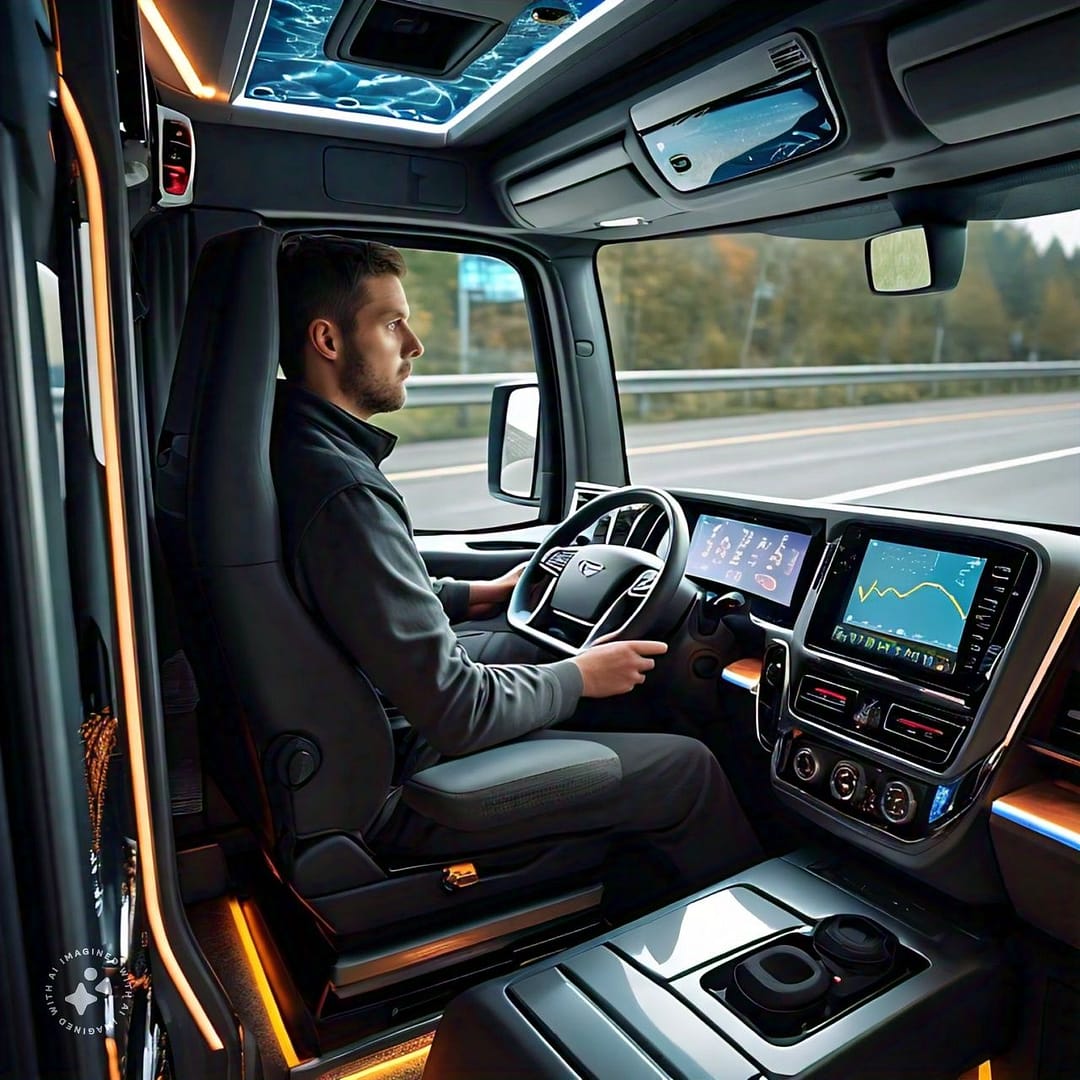Introduction
The trucking industry is the backbone of the global economy, and OTR (Over-The-Road) owner operators play a vital role in keeping the supply chain moving. However, despite their importance, OTR owner operators face a multitude of challenges that affect their livelihood, profitability, and overall well-being. In this article, we will delve into the issues faced by OTR owner operators, exploring the root causes, consequences, and potential solutions.
Financial Struggles
OTR owner operators are responsible for expenses such as fuel, maintenance, insurance, and equipment costs, which can be overwhelming. The fluctuating fuel prices, rising maintenance costs, and increasing insurance premiums can leave operators with minimal profit margins. According to a recent survey, the average annual revenue for an OTR owner operator is around $150,000, with expenses accounting for over 70% of that amount.
Regulatory Compliance
The trucking industry is heavily regulated, and OTR owner operators must comply with various federal and state regulations. The hours of service (HOS) rules, electronic logging device (ELD) mandates, and drug testing requirements can be time-consuming and costly. Non-compliance can result in fines, penalties, and even license suspension.
Safety Concerns
OTR owner operators face numerous safety risks, including accidents, cargo theft, and personal attacks. The long hours, fatigue, and stress can impair their judgment and reaction time, increasing the likelihood of accidents. Moreover, the lack of secure parking areas and inadequate cargo security measures can make them vulnerable to theft and violence.
Maintenance and Repair
The constant wear and tear on their vehicles can lead to mechanical failures, downtime, and costly repairs. OTR owner operators must prioritize maintenance and repair to minimize breakdowns, but this can be a significant challenge, especially for those with limited mechanical expertise.
Health and Wellness
The trucking lifestyle can take a toll on OTR owner operators’ physical and mental health. The sedentary nature of driving, combined with poor eating habits and limited access to healthcare services, can lead to obesity, diabetes, and cardiovascular diseases. Moreover, the isolation and stress can contribute to depression, anxiety, and sleep disorders.
Driver Shortage
The trucking industry faces a severe driver shortage, which can lead to increased competition for loads, higher rates, and longer wait times. OTR owner operators must navigate this competitive landscape to secure profitable loads and maintain their business.
Technology and Innovation
The rapid evolution of technology and innovation in the trucking industry can be both a blessing and a curse for OTR owner operators. While technologies like ELDs and telematics can improve efficiency and safety, they also require significant investments in hardware, software, and training.
Conclusion
OTR owner operators are the unsung heroes of the trucking industry, facing numerous challenges that impact their livelihood and well-being. To address these issues, it is essential to implement solutions that prioritize their financial stability, regulatory compliance, safety, maintenance, health, and technology adoption. By working together, we can create a more sustainable and supportive environment for OTR owner operators to thrive.



